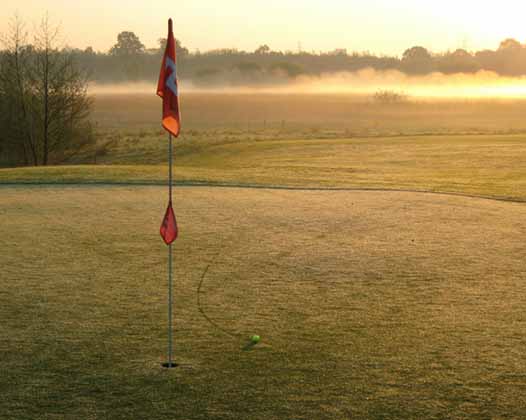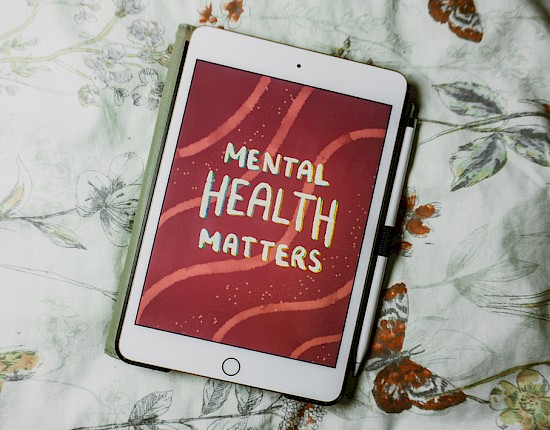AASP Blog for Athletes, Coaches, and Parents
The Commodification of Breath: Parsing Fact from Fiction in the Gilded Age of Breathwork and Breathing Influencers
By
Published
The breath is powerful. It might be the simplest and most direct lever we have to modulate our nervous system. Depending on its depth, rhythm, ratio, and tempo, our breath can propel us into fight-or-flight or help us gently descend into deep relaxation.
Read MorePlay Hard, Be a Good Sport, Have Fun: Coaching Strategies to Keep Kids in Sports
By
Published
Can youth sports be both competitive and fun? Absolutely, and they should be. When coaches practice behaviors that reflect FIT tenets, fun increases. In addition, athletes’ psychological needs are fulfilled, leading to longer, sustained participation throughout the childhood and adolescent years.
Read MoreYour Words, Your World: How Self-Talk Shapes Your Reality
By
Published
“As you listen to the thought, you feel a conscious presence – your deeper self – behind or underneath the thought, as it were. The thought then loses its power over you and quickly subsides…
Read MoreThe Connection Between Athletic Identity and the Yips
By ,
Published
As an athlete, you spend an incredible amount of time preparing both your body and mind for the challenges of sport competition. Recently, athletes have spoken out about negative experiences associated with sports and the limited resources available to help navigate these problems. One common issue is what is commonly referred to as the yips.
Read MoreFrom Athlete-to-Coach: Going the Distance From Being the Flower to Being the Gardener
By
Published
The transition from athlete-to-coach entails exiting the known, accepting the unknown and uncertain, and finally developing the new. In this process, coach education, development, and support can be a starting point or at least a turning one.
Read MoreSelf-Care, Wellness, and Mental Health Strategies for College Student-Athletes
By
Published
Participation in college athletics can be a wonderful pursuit. Various disciplines of research highlight the psychosocial benefits of sport participation. Research has also shown that exercise and physical movement can improve mental functioning. However, sport participation can also be a significant source of stress for college student-athletes.
Read More











